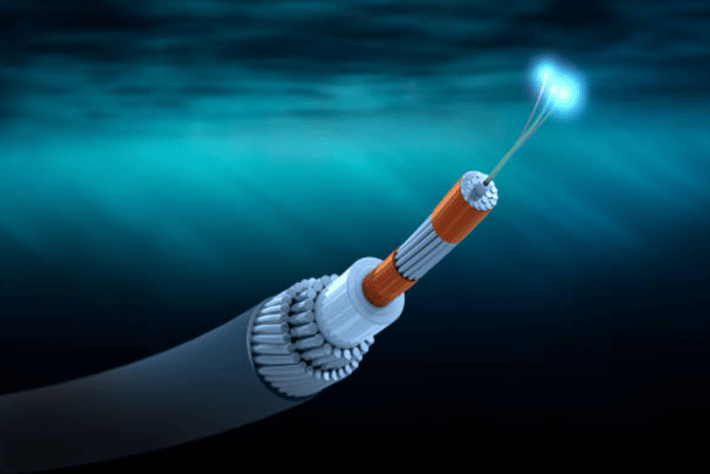Auckland, New Zealand. 21 July, 2022 – With growth returning to the telco market this year, retail competition is intensifying. Smaller broadband retailers continue to gain market share from the incumbent’s states IDC’s 2022 New Zealand Telecommunications Competitive Landscape report.
The New Zealand telco market grew 1.7% YoY to March 2022. The popularity of endless data mobile plans and continuing UFB fibre broadband adoption is fueling the growth. Underneath this, the competitive trends show incumbents losing a collective 2.9% market share by connections to smaller players including Trustpower and Contact Energy.
“An ongoing market shift is the growth in market share from energy retailers bundling in broadband services” says Monica Collier, associate research director, telecommunications, IDC New Zealand. “For example, Trustpower (recently bought by Mercury Energy) and Contact Energy continue to grow their market shares. Smaller energy retailers such as Electric Kiwi and Nova Energy offer broadband services as well. While their market shares are modest, they still contribute to the shift in connections away from the incumbents.”
The energy retailers have a distinct advantage over the telcos; energy retailers don’t need to make a profit on their broadband services. Broadband services simply augment the energy proposition and allow the retailers to offer compelling bundles and deals to customers. “For example, one energy retailer continues its successful ‘joining rewards’ for broadband sign ups that include fridges, TVs, and washing machines. Another offers Fibre 300 for a relatively low NZ [$59.99 per month (€58.67 per month)] when bundled with power and gas services”, continues Collier.
The research found postpaid mobile connections increased 5.5% YoY. This is due to the popularity of endless data plans and ongoing efforts by providers to migrate customers from prepaid to postpaid connections with a higher average revenue per user (ARPU). All providers gained postpaid connections and lost prepaid connections. Spark had the overall highest growth in mobile connections in the year to March 2022.
IDC expects the nature of retail telco competition to continue to evolve. The 2degrees merger and resulting ‘challenger mindset’ strategy will put competitive pressure on the traditional telcos such as Spark and Vodafone. The non-telcos must also watch the market closely to remain competitive in a changing market.
For more information on this report, please contact Monica Collier, associate research director at IDC New Zealand, email at mcollier@idc.com or contact +64 21 605 115. For media inquiries, contact Alvin Afuang aafuang@idc.com.
Comment on this article below or via Twitter: @VanillaPlus OR @jcvplus






